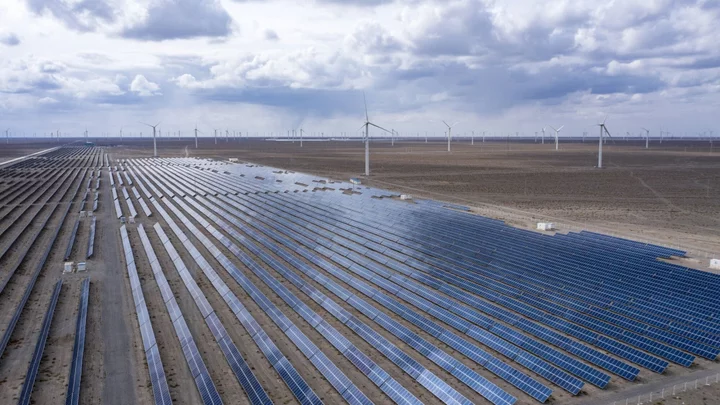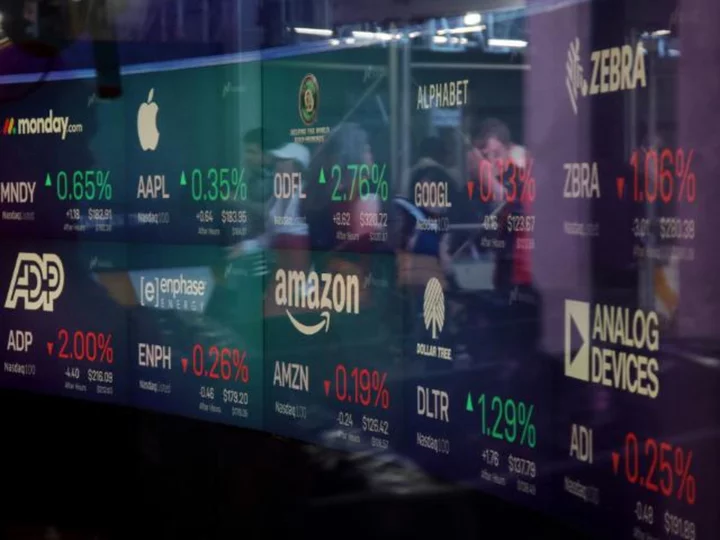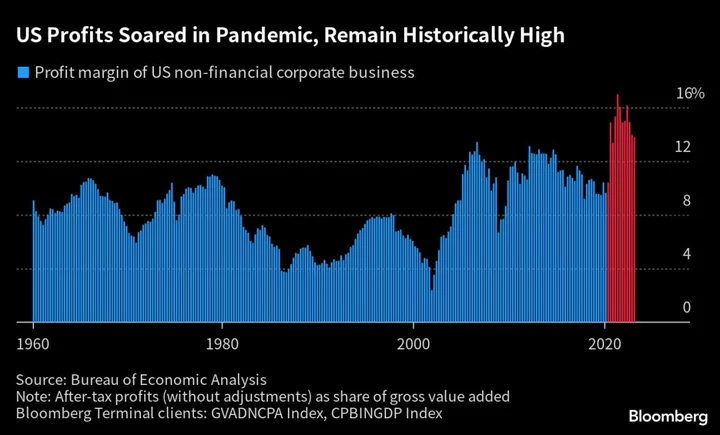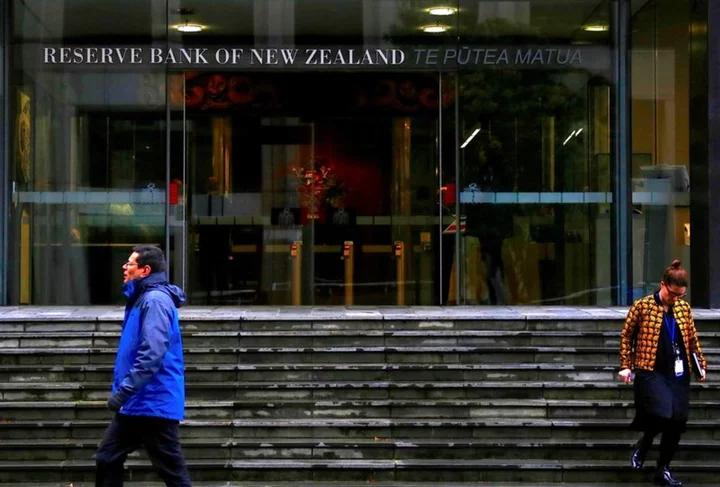A surge in clean power generation will reduce carbon emissions in China next year and could put the world’s biggest polluter on a path to sustained declines, according to a new report.
Installations of solar, wind, nuclear and hydro capacity this year should generate enough electricity to power all of France, according to Lauri Myllyvirta, lead analyst with the Centre for Research on Energy and Clean Air. That will be more than enough to cover new power demand in China, leaving the nation less reliant on coal and the emissions that go with it.
Whether it’s a one-year drop or a continued decline depends on China’s ability to maintain this year’s level of clean energy deployment in the face of grid constraints and political opposition from the coal lobby, Myllyvirta said. A sustained reduction would mean China’s emissions peaking a full seven years before its 2030 target under the Paris agreement.
“If coal interests fail to stall the expansion of China’s wind and solar capacity, then low-carbon energy growth would be sufficient to cover rising electricity demand beyond 2024,” Myllyvirta said. “This would push fossil fuel use – and emissions – into an extended period of structural decline.”
Clean Incentive
To be sure, even as China deploys record amounts of clean energy, it’s also building out new coal power plants. Its emissions during the third quarter rose 4.7% from the same period last year, when strict Covid Zero policies were constraining travel and economic activity, Myllyvirta said.
While coal miners have long had outsized political sway in China, the country’s burgeoning clean energy manufacturing sectors should give Beijing more incentive to stay the course with renewables deployment, according to the report.
The COP28 climate summit in Dubai later this month will provide the next test of China’s willingness to deliver a more rapid decarbonization of its economy.
“The unprecedented investment in low-carbon technology manufacturing supply chains also means that China has, in effect, placed a major economic and financial bet on the success of the global energy transition, which could affect its diplomatic positioning,” Myllyvirta said.
The Week’s Diary
(All times Beijing unless noted.)
Monday, Nov. 13
- Nothing major scheduled
Tuesday, Nov. 14
- Cesco’s Asia Copper Week in Shanghai, day 1
Wednesday, Nov. 15:
- Cesco’s Asia Copper Week in Shanghai, day 2
- CRU hosts World Copper Conference Asia, day 1
- China sets monthly medium-term lending rate, 09:20
- China industrial output for October, including steel & aluminum; coal, gas & power generation; and crude oil & refining. 10:00
- Retail sales, fixed assets investment, property investment, residential sales, jobless rate
- CCTD’s weekly online briefing on Chinese coal, 15:00
Thursday, Nov. 16:
- Cesco’s Asia Copper Week in Shanghai, day 3
- CRU hosts World Copper Conference Asia, day 2
- China new home prices for October, 09:30
Friday, Nov. 17:
- China weekly iron ore port stockpiles
- Shanghai exchange weekly commodities inventory, ~15:30
- China October output data for base metals and oil products
Saturday, Nov. 18
- China’s 2nd batch of October trade data, including agricultural imports; LNG & pipeline gas imports; oil products trade breakdown; alumina, copper and rare-earth product exports; bauxite, steel & aluminum product imports
On the Wire
China is in the midst of a breakneck expansion of its copper industry that’s reshaping global flows of the essential metal for the world’s energy transition.
China is bringing back soybean diplomacy as the world’s second-largest economy seeks closer ties with the US ahead of a meeting between President Xi Jinping and his American counterpart Joe Biden.
A group of Chinese President Xi Jinping’s “old friends” from Iowa have been invited to a dinner he will attend in California next week — 38 years after they welcomed the then-unknown party official for a hog roast, farm tours and a Mississippi River boat ride as they showed him how capitalists do agriculture.
Copper concentrates from Australia are headed to China, according to port data, in what would be the first shipment of its kind since the country halted imports three years ago.









